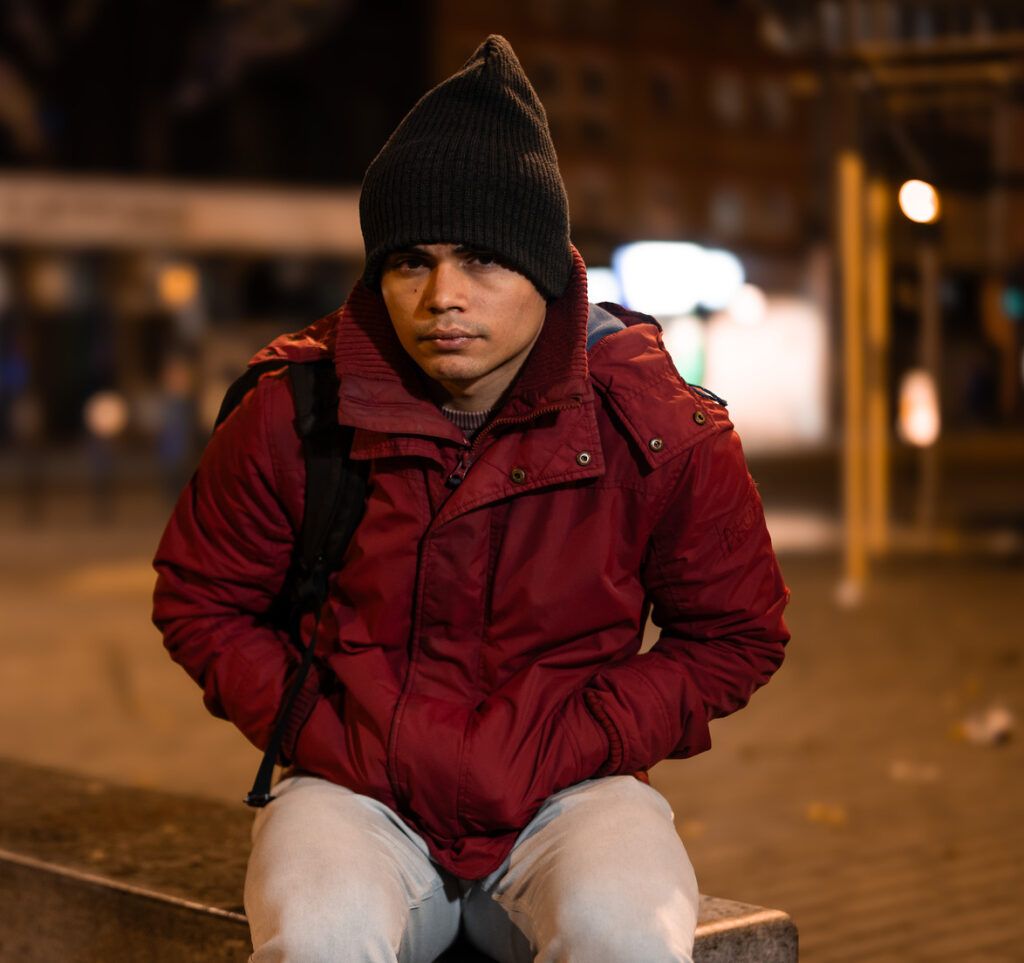
It is 30 years since the seminal report, Faith in the City, on what were then called ‘Urban Priority Areas’ revealed the depths of poverty facing our nation at that time:
“In a competition for a scarce resource it is the poor who will lose. An increasing number are forced to resort to cheap lodging houses, or to large institutional hostels which date back to the Victorian period and are due for closure, though replacement has been slow and inadequate. Some sleep rough. The numbers are unknown because no one has a responsibility to record them. Many are ‘hidden homeless’, continually moving between friends and relatives in search of something permanent.” – Faith in the City, 1989
Now we are in a new century and much has changed. We have seen, for example, continued investment in hostel-type accommodation and, with ‘no second night out’, a transformation in the understanding
of and approaches to rough sleeping. But what more do we know, and with what degree of greater intelligence do we approach the issue of hidden homelessness?
This brief but in-depth study looks into the experiences of young people who have known what it is to be homeless and yet hidden from sight. The revelations contained here are both shocking and remarkable.
Remarkable: because the resilience and determination of young people facing the horrors of no place to call home is met consistently with a determination to find a way out.
Shocking: because the experiences of vulnerability, fear and, in some cases, hurt and harm feature all
too frequently in these true stories. Depaul has been delivering ‘Nightstop’ now for over a decade, a community-based solution to the hidden homeless. Through the extraordinary effort of an army of
volunteers across the country, thousands of young people have avoided the pitfalls of the survival strategies outlined in this report.
We still do not know enough of what makes a young person vulnerable to risk when resorting to what professionals before this report might have called ‘sofa surfing’; but this report begins to look at this
in greater depth.
I believe this is the start of a new debate on hidden homelessness. I ask all of our colleagues, in government, in the voluntary sector and in our academic communities to join that debate. Together I believe we can make the United Kingdom a place where no young person has to sleep in an unsafe place.
Indeed, with a concerted effort we should aim to end homelessness for the young altogether.
Martin Houghton-Brown
Chief Executive, Depaul UK